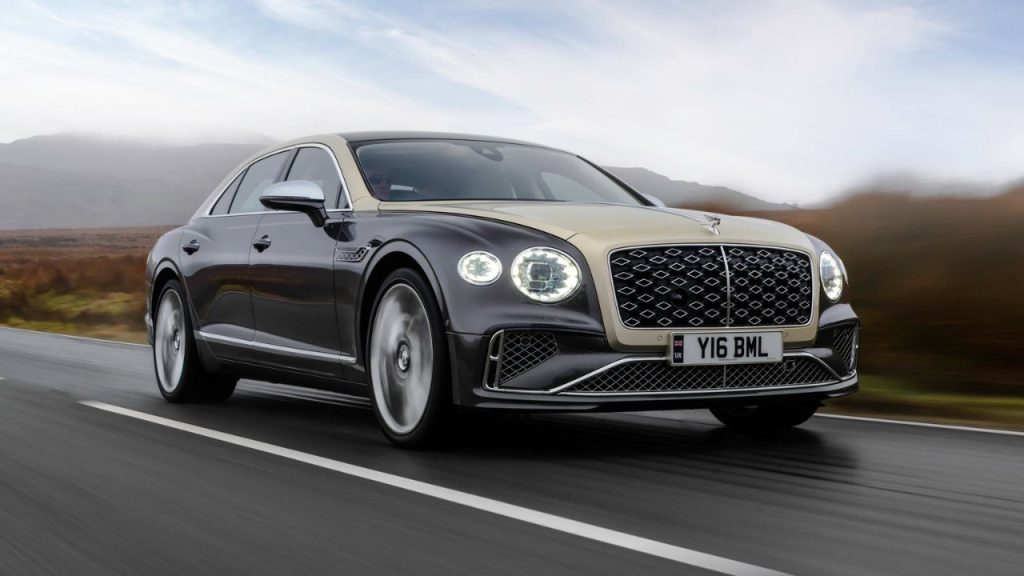National Board of Revenue (NBR) Chairman Md Abdur Rahman has said cars imported by lawmakers under duty-free facilities during the Awami League government will be handed over to the government, instead of being sold at auction.
He made the remarks on Saturday while addressing a workshop titled “Customs and Port Management: Problems, Prospects and Way Forward” at the Chittagong Port conference room.
According to the NBR chairman, a certain quarter was attempting to purchase around 30 luxury vehicles, imported for MPs and ministers, at artificially low prices – causing potential losses of crores of Taka.
“For this reason, the authorities have withdrawn from the decision to auction them. The vehicles will be allocated for government use. Soon, the 30 cars will be officially handed over to the government and transferred to the Dhaka Transport Pool,” he said.
The duty-free imported cars, mostly brand-new Land Cruisers from Japan, entered the country through Chattogram Port but could not be cleared after Parliament was dissolved following the fall of the Awami League government on August 5 last year. In January this year, customs authorities listed 24 of these cars for online auction.
Each car was imported at an estimated value of Tk 1.10 crore. However, the NBR set a reserve price of Tk 9.67 crore for each vehicle by adding 826% in duties and taxes. Bidding in the online auction ranged from Tk 1 lakh to Tk 3.10 crore, far below the reserve price.
Fearing heavy losses if the cars were sold in a second auction round, customs authorities postponed the process.
Meanwhile, at the same workshop, Shipping Advisor Brigadier General (Retd.) M. Sakhawat Hossain announced that the new Chittagong Port tariff, which took effect on September 15, would be suspended for one month in response to demands from the business community.
During this period, the port authority will continue to collect charges at the previous rates. He also highlighted the government’s plans to expedite the Bay Terminal project and expand the use of facilities at Mongla Port and the Kamalapur Inland Container Depot (ICD).
Later, at a seminar on enhancing Chattogram Port’s capacity and removing operational bottlenecks, business leaders and port users voiced sharp criticism of the recent tariff hikes.
They argued that while port and off-dock charges were being raised in line with international standards, service quality had not improved.
Concerns were also raised about prolonged container backlogs, lack of timely auctions, customs harassment, complications with HS codes, and rigid bond procedures.
Business representatives said that while the government had successfully negotiated tariff issues with the United States, inefficiencies and complications within port customs had pushed the cost of doing business up by nearly 100%.
They warned that unless these problems are resolved, the interim government’s efforts to boost import-export trade and strengthen the national economy would fall short.
At that time, the Shipping Advisor listened to these complaints and demands. Later, he assured that the crisis would be resolved through discussions at the highest level of the government.
He also said that, in response to the traders’ request, the tariff that came into effect on September 15 will remain suspended for the next one month.


